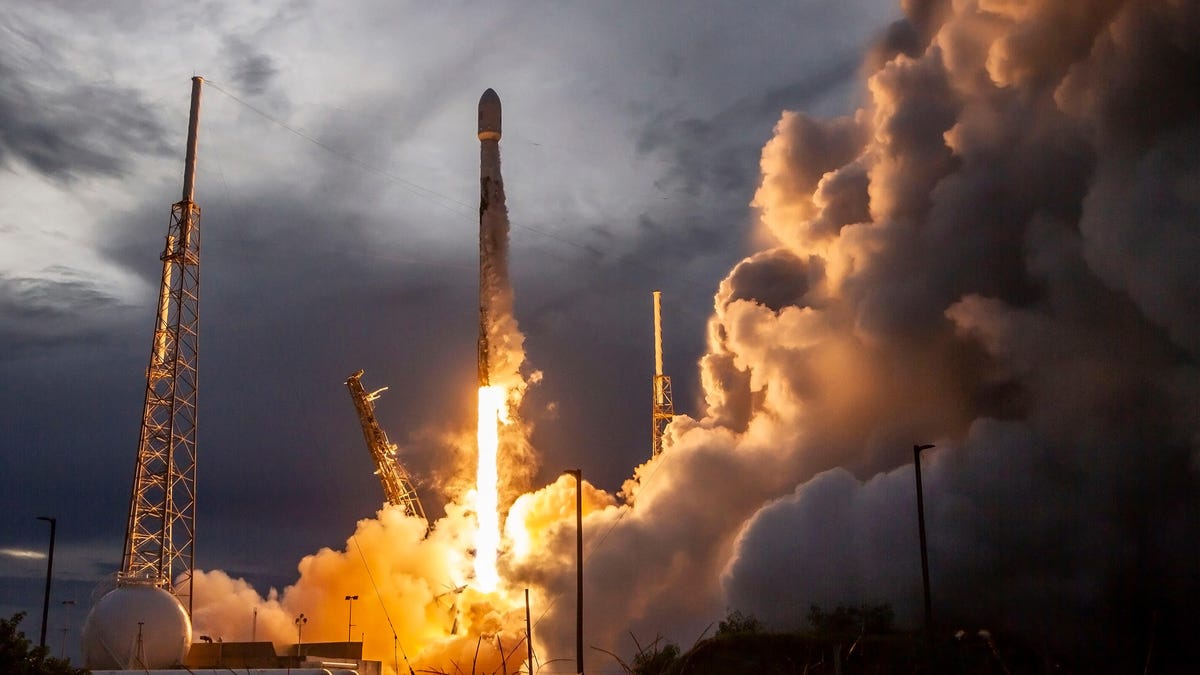SpaceX Starlink launch: How to watch Falcon 9 drop 60 satellites into orbit Wednesday
If you think this is becoming routine, think again. This will be the first attempt to reuse a rocket booster eight times.

A Falcon 9 blasts off on Aug. 30.
SpaceX will launch a batch of 60 satellites from the Kennedy Space Center in Florida on Wednesday, in what will be the first Starlink launch for the year and second launch for Elon Musk's spaceflight company in 2021. If you want to watch live, we have you covered right here.
The launch was originally targeted for Monday, but unfavourable weather conditions have seen the flight pushed back 48 hours. SpaceX is now targeting a launch time of 5:02 a.m. PT (8:02 a.m. ET) on Wednesday, Jan. 20.
It will be the 16th launch for Starlink, the satellite megaconstellation designed to beam broadband across the world, enveloping the sky with thousands of small satellites. The launch also aims to set a rocket recycling record. The Falcon 9 booster used in this mission will be B1051, which has previously flown a record seven times. It will aim to go one better and then land on the drone ship Just Read The Instructions stationed in the Atlantic Ocean about 10 minutes after lift-off.
If successful, it will mark the fastest turnaround for a Falcon 9 between flights. Musk has said he'd like to ramp up the number of launches for SpaceX in 2021 and the recycling and reuse of B1051 could herald an increasing launch cadence.
SpaceX carries every launch live via a webcast and you can find that just below. Broadcasts start approximately 15 minutes before launch, so tune in early.
Follow CNET's 2021 Space Calendar to stay up to date with all the latest space news this year. You can even add it to your own Google Calendar .

